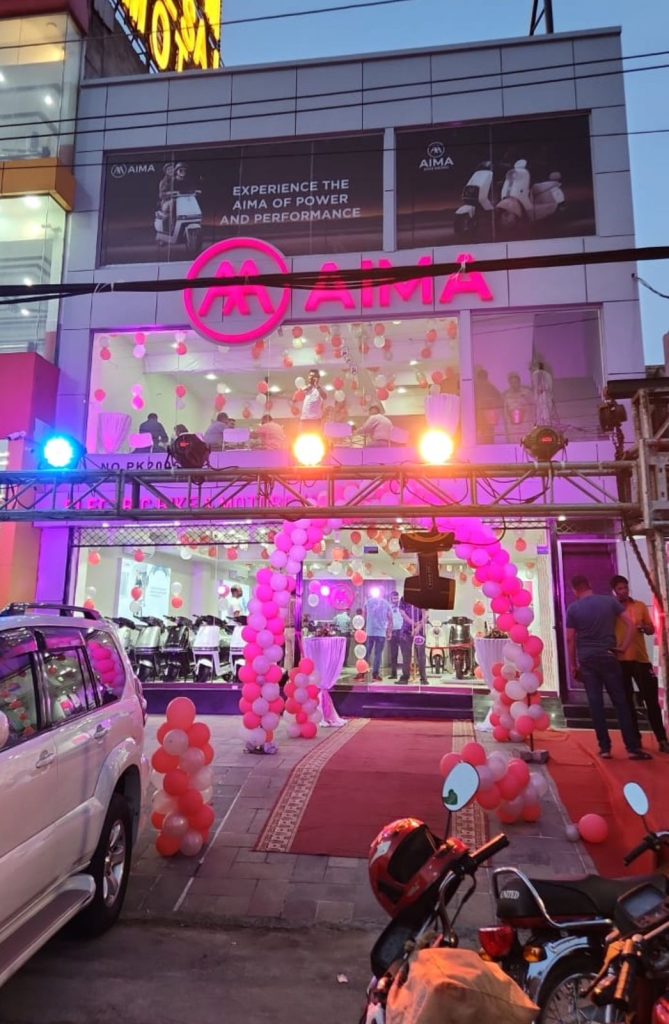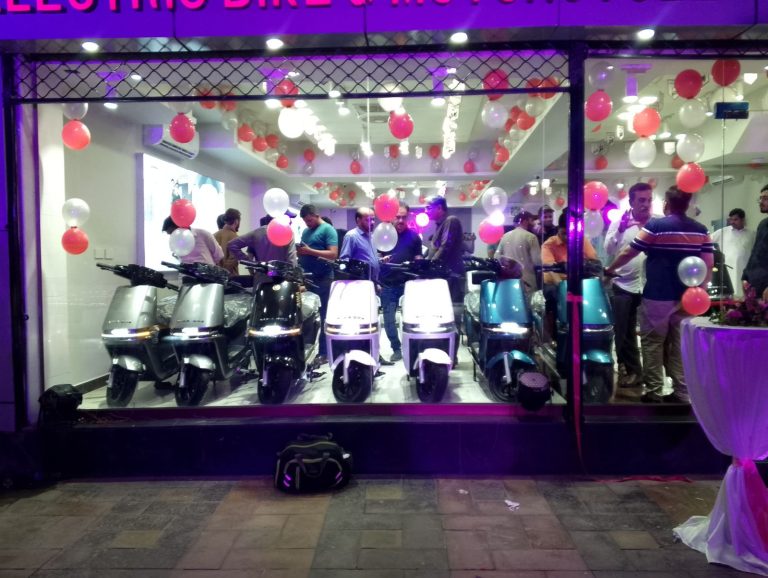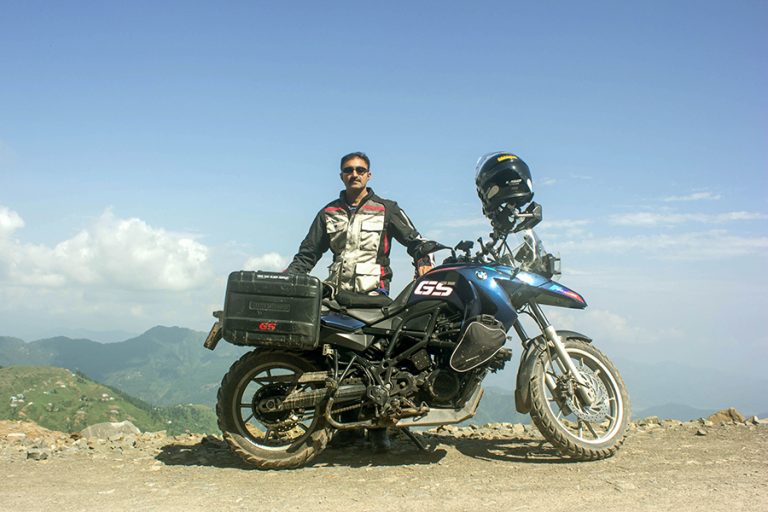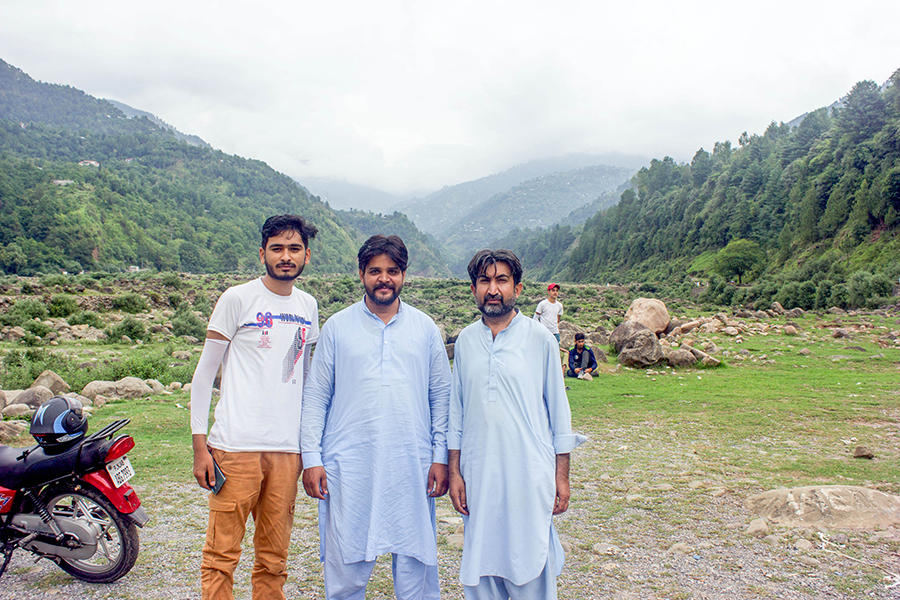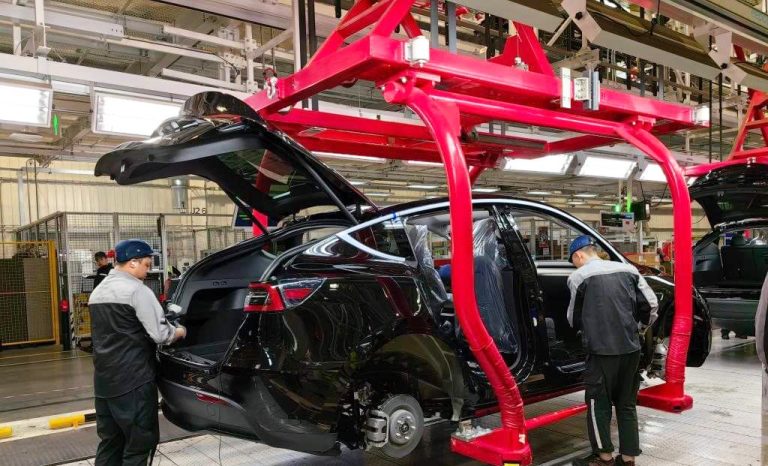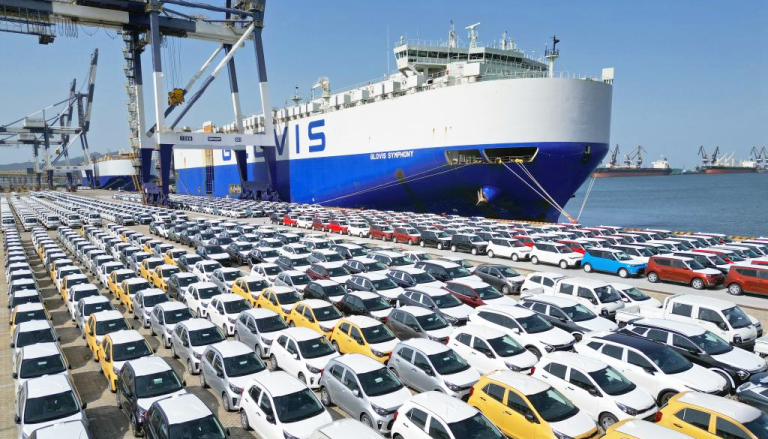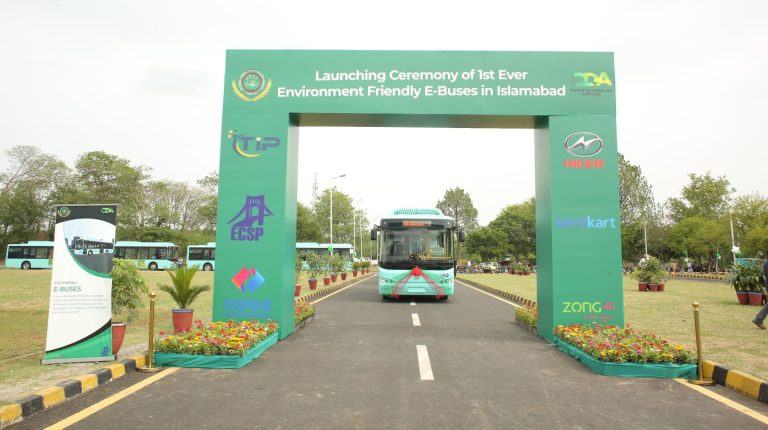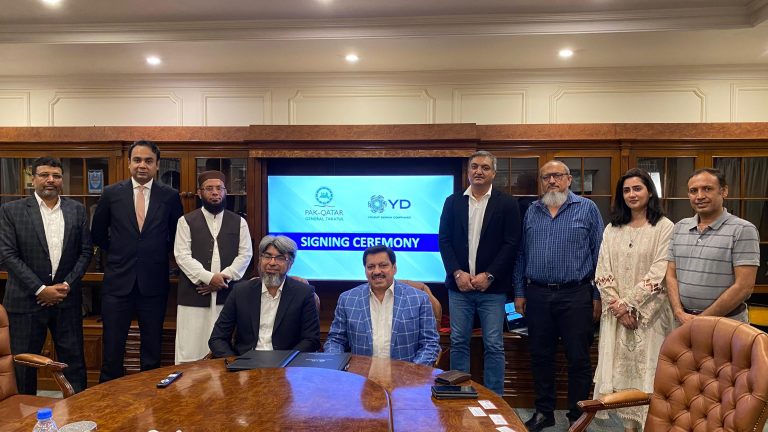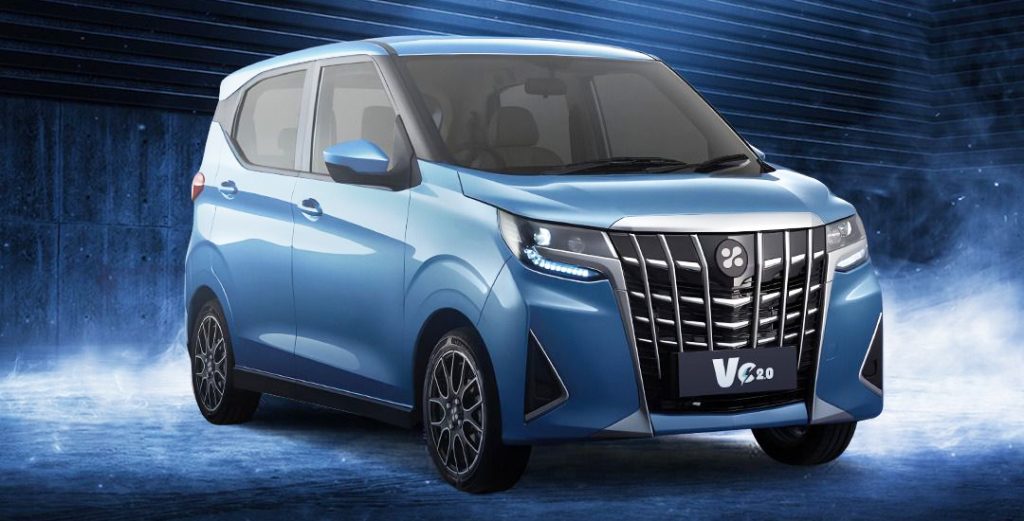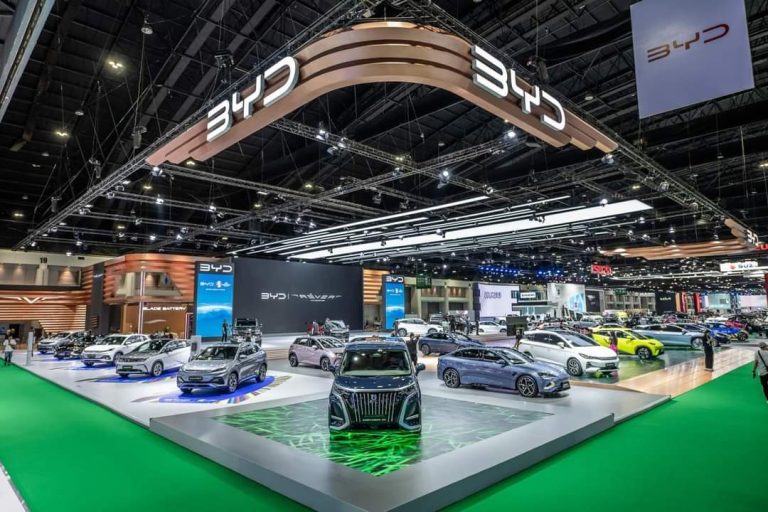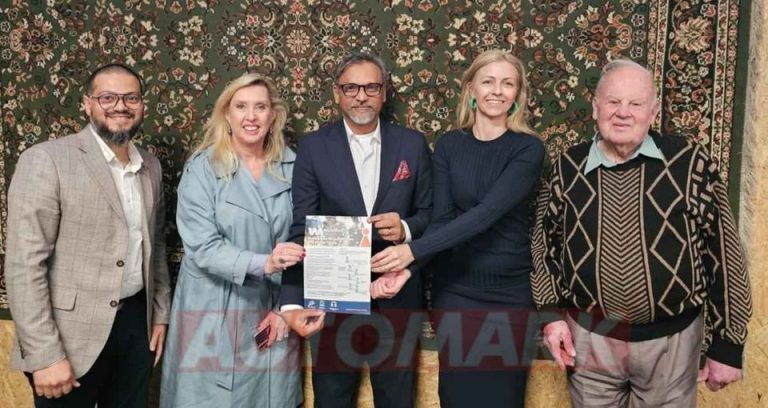Dear Readers the global automotive market has been undergoing significant changes with the rise of electric vehicles (EVs), internal combustion engine (ICE) hybrids, and fossil fuel vehicles. Among the major players in this evolving landscape are Chinese automakers, who have rapidly advanced in technology and market presence. However, these advancements have led to concerns in Western markets about the competitive pressure on local automotive brands. Consequently, policymakers in these regions have been imposing tariffs and other trade barriers on Chinese vehicles. This paper will explore the rationale behind these tariffs, their impact on the automotive market, and the broader implications for global trade and industry.
The Rise of Chinese Automakers
Technological Advancements and Market Expansion
Chinese automakers, such as BYD, NIO, Geely and Great Wall Motors, have made significant strides in the development of EVs and hybrids. Supported by substantial government subsidies, favorable policies, and a robust domestic market, these companies have rapidly scaled production and innovation. China’s focus on becoming a leader in green technology has also propelled its automotive industry to the forefront of the global EV market.
Competitive Pricing
One of the key advantages that Chinese automakers hold is their ability to offer vehicles at lower prices compared to their Western counterparts. This competitive pricing stems from several factors:
- Lower labor costs: Chinese labor costs are generally lower than those in Western countries, allowing manufacturers to produce vehicles more cheaply.
- Economies of scale: The vast domestic market in China enables manufacturers to achieve economies of scale more rapidly.
- Government subsidies: Chinese automakers have benefited from extensive government subsidies, reducing their overall production costs and allowing them to offer competitive prices in international markets.
Western Concerns and Tariffs
Threat to Local Industries
Western countries, particularly in Europe and North America, have well-established automotive industries that are integral to their economies. The influx of competitively priced Chinese vehicles poses a significant threat to local manufacturers, who may struggle to compete on price without compromising on quality or profitability. Policymakers fear that this could lead to job losses, factory closures, and a decline in domestic automotive production.
Trade Imbalances
The substantial import of Chinese vehicles could exacerbate trade imbalances between China and Western countries. By imposing tariffs, Western policymakers aim to reduce the trade deficit and protect their economies from potential negative impacts. Tariffs serve as a tool to level the playing field by making imported vehicles more expensive, thereby encouraging consumers to buy domestically produced cars.
Tariffs Imposed on Chinese Vehicles
Current Tariff Landscape
Various Western countries have implemented tariffs on Chinese vehicles to curb their competitive edge. The European Union, for instance, has been particularly vocal about the need to protect its automotive industry from Chinese competition. In 2023, the EU imposed anti-dumping tariffs on Chinese EVs, citing unfair pricing practices and government subsidies that gave Chinese automakers an undue advantage.
Similarly, the United States has also taken measures to protect its automotive industry. The Trump administration imposed tariffs on a range of Chinese goods, including vehicles, as part of its broader trade war with China. These tariffs have largely been maintained under the Biden administration, reflecting ongoing concerns about China’s trade practices and their impact on American industries.
Impact on Chinese Automakers
The imposition of tariffs has had a mixed impact on Chinese automakers. On one hand, it has made their vehicles more expensive in Western markets, potentially reducing their competitiveness. On the other hand, Chinese companies have responded by seeking alternative markets, investing in local production facilities in target countries, and improving the quality and features of their vehicles to justify higher prices.
Broader Implications
Impact on Consumers
For consumers in Western markets, tariffs on Chinese vehicles could lead to higher prices and reduced choices. While tariffs aim to protect local industries, they also reduce competition, which can result in higher prices for consumers. Additionally, the reduced availability of competitively priced Chinese EVs might slow down the adoption of green technologies in these markets, potentially hindering efforts to combat climate change.
Global Trade Relations
The imposition of tariffs on Chinese vehicles is part of a broader trend of rising protectionism and trade tensions between major economies. These trade barriers can lead to retaliatory measures, further escalating tensions and potentially leading to a trade war. Such a scenario would have negative consequences for global trade and economic growth.
Innovation and Industry Dynamics
Tariffs and trade barriers can also influence the dynamics of the automotive industry. While they may protect local industries in the short term, they can also stifle competition and innovation. A more competitive global market, with open trade policies, tends to drive innovation and efficiency as companies strive to gain an edge. Conversely, protectionist measures can create complacency and reduce the incentive for domestic companies to innovate.
Case Studies
The European Union
The EU’s imposition of anti-dumping tariffs on Chinese EVs is a significant case study in understanding the impact of such measures. The tariffs, ranging from 19.7% to 79.3%, were justified on the grounds that Chinese automakers were selling vehicles at unfairly low prices. The EU argued that these practices harmed European manufacturers and distorted the market.
In response, Chinese companies have been exploring options to mitigate the impact of these tariffs. Some have considered setting up manufacturing plants within the EU to avoid tariffs and reduce transportation costs. For instance, BYD announced plans to build a factory in Europe, aiming to produce vehicles locally and circumvent trade barriers.
The United States
In the United States, tariffs on Chinese vehicles were part of a broader strategy to address the trade deficit and protect American industries. The automotive sector, being a significant part of the US economy, was a focal point of these measures. Tariffs of up to 25% were imposed on Chinese vehicles, making them considerably more expensive for American consumers.
Chinese automakers, in response, have been looking at partnerships and joint ventures with US companies to establish a local presence. For example, NIO has been exploring opportunities to collaborate with American firms to produce vehicles in the US, thereby avoiding tariffs and gaining a foothold in the market.
Future Outlook
Potential for Increased Trade Tensions
The ongoing imposition of tariffs and other trade barriers suggests that trade tensions between China and Western countries are likely to continue. These tensions could escalate if both sides continue to implement protectionist measures and retaliatory tariffs. The automotive industry, being a significant part of the global economy, will remain a key battleground in these trade disputes.
Adaptation and Strategic Shifts
Chinese automakers are likely to continue adapting to the changing trade landscape by investing in local production facilities, forming strategic partnerships, and enhancing the quality and appeal of their vehicles. These strategies can help them mitigate the impact of tariffs and maintain their competitiveness in Western markets.
Impact on Global Automotive Industry
The broader impact of these trade measures on the global automotive industry will depend on how companies and policymakers navigate the evolving landscape. While protectionist measures can provide short-term relief to domestic industries, a more open and competitive global market is generally beneficial for innovation, efficiency, and consumer choice.
Conclusion
The imposition of tariffs on Chinese EVs, ICE hybrids, and fossil fuel vehicles by Western policymakers reflects a complex interplay of economic, political, and strategic considerations. While these measures aim to protect local industries from competitive pressures, they also have broader implications for global trade, consumer choice, and industry dynamics. As the automotive industry continues to evolve, the response of Chinese automakers and the strategic decisions of policymakers will shape the future of this critical global market. Balancing protectionist measures with the need for innovation and competition will be key to ensuring a dynamic and resilient automotive industry in the years to come.
Top of Form
Bottom of Form
